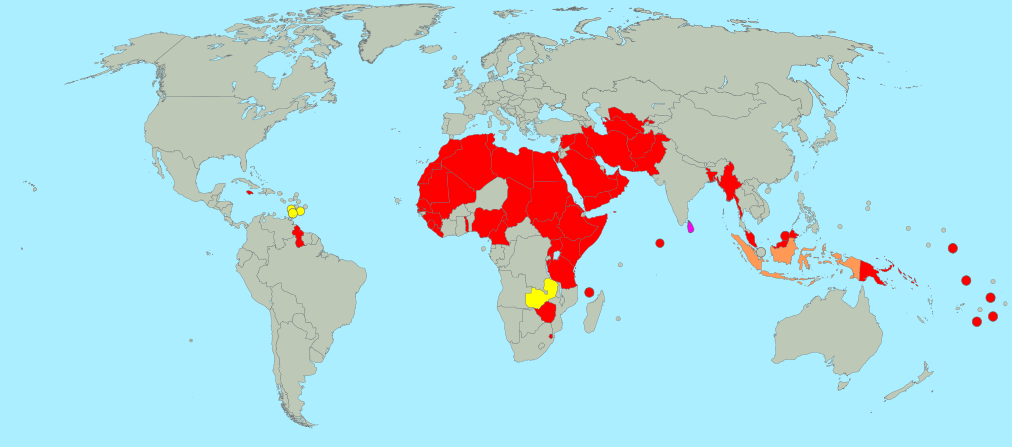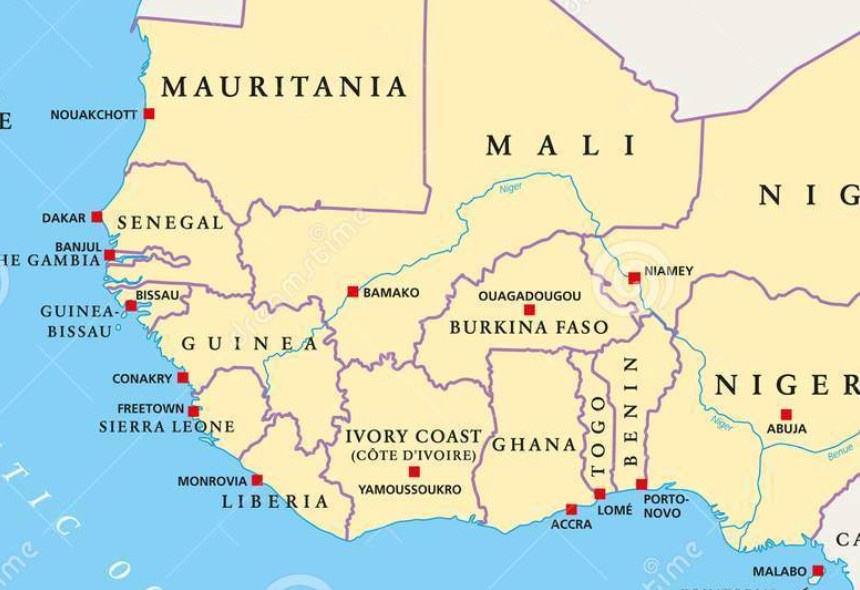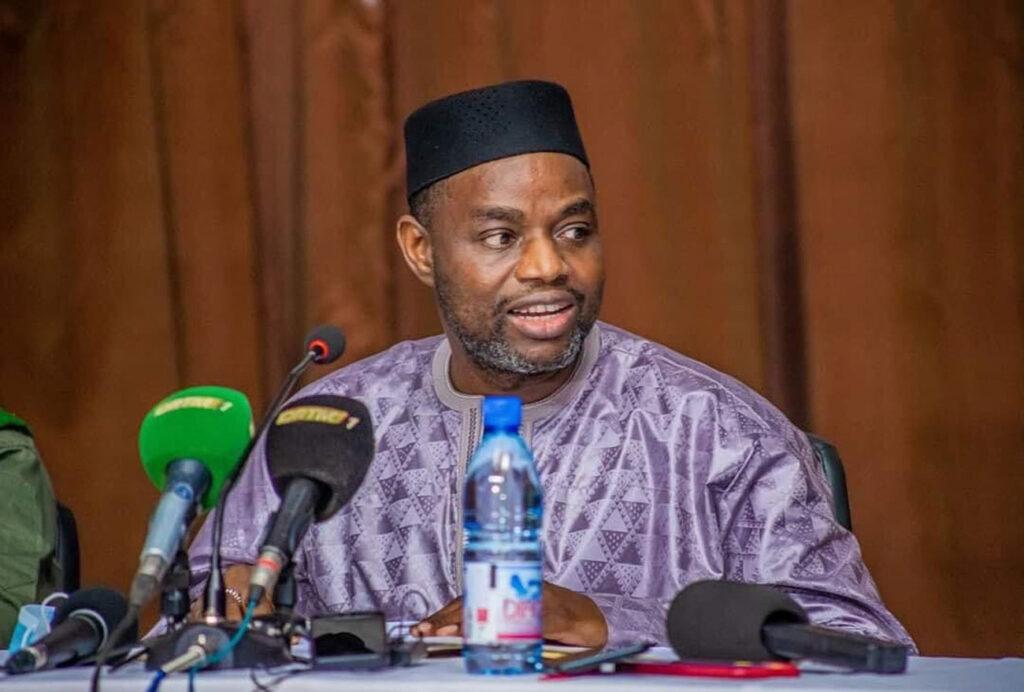West African nation of Mali becomes the world’s 65th to criminalize homosexuality
Colin Stewart is a 45-year journalism veteran living in Southern…
Mali’s ruling military junta provides seven years in prison for LGBT rights advocacy.

The tally of nations with anti-homosexuality laws has again risen to 65 with last month’s official publication of a homophobic new penal code in the West African country of Mali.
The new law provides for seven years in prison both for same-sex intimacy and for LGBT rights advocacy. It provide for up to two years in prison for “indecent behavior” in public that offends “the modesty and moral feeling of individuals who are unintentionally witnesses to it and likely to disturb public order and cause manifest social harm.”
Mali’s ruling National Transitional Council adopted the measure in November 2024 by a nearly unanimous vote (131 in favor and 1 against). It was officially published in December. The nation has been led by a military junta for more than three years.

LGBTQ rights journalist Rob Salerno, an editor for Erasing 76 Crimes, reviewed the new law in his LGBTQ Global newsletter. (Click here to subscribe.) He wrote:
[Mali’s] new Penal Code passed by the ruling military junta was indeed published at the end of December last year. It includes several articles that criminalize homosexuality. Article 325-1 criminalizes “act of unnatural sexual character performed publicly with a individual of the same sex,” with a penalty of up to two years imprisonment and fines up to 200,000 francs (about U.S.$300). Notably, this applies to males and females.Article 325-2 criminalizes “Any act of a sexual nature contrary to morals exercised intentionally and directly on a person is an indecent assault. Also constitutes an indecent assault, any act of unnatural sexual activity committed with an individual of the same sex.
Any words, images, public or private writings, any public acts or private, of a nature to approve, encourage, promote or facilitate the indecent assault provided for in the preceding paragraph and in article 325-1 above is punishable by imprisonment for seven years and fine of 500,000 francs…” …

The code does have some positives, banning child marriage and forced marriage, but it also inserts crimes like adultery and renunciation of marriage (ie, trying to divorce your spouse).
The code makes a point of saying that it considers the term “sex” to mean “male” or “female,” not any other meaning that it has been given in other contexts (Article 312-1.3), but also includes a definition of gender that understands it as a social construct (“all relationships socially and culturally constructed which determine roles, behaviors, attitudes, rights and duties associated with men, to women, boys and girls respectively.” Article 327.1).
The code also has several articles dealing with HIV (Article 321.24-36), which prohibit discrimination against people with HIV, require that HIV tests are confidential, but also require that anyone who is HIV-positive inform their sex partners under penalty of fines or prison.
This brings the total number of criminalizing states back up to 65. It’ll likely hit 66 soon, when neighboring Burkina Faso, also run by a military junta, publishes the new code it passed last year too.
This article was revised on Jan. 12 to correct the description of the crimes and punishments provided in the new law.





Why is Kenya not in red?
Thanks for pointing that out. We’re on it.
— Colin Stewart, editor
Fix is under way.
The map has been fixed. Thanks.